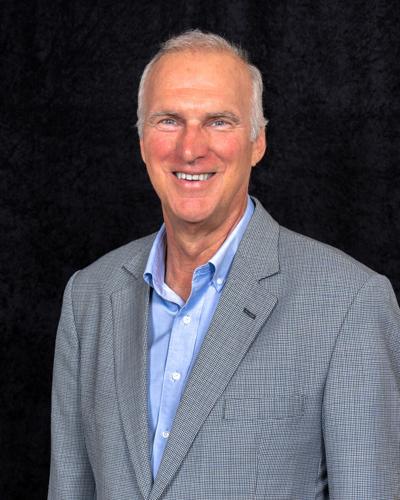Polk County Commission Chair Bill Braswell wrote a very thoughtful column in our Polk County papers about growth. In his well-reasoned piece, he talked about one part of Florida’s growth debate that is rarely discussed. Because his column only ran in our Polk papers, I’d like to pick up on his idea in this space.
Commissioner Braswell notes that we have enormous numbers of people moving to our wonderful corner of the world. The demand does not seem to be slowing. How do we manage the growth expectations of all our constituents?
A new resident chose us based on a snapshot of our community at a specific moment in time. Often the new resident does not want the community they bought to change – it feels like bait and switch. Newcomers are an important constituency. How do we respond to their concerns?
There is another constituency of people – long-term residents. They are glad we are growing. More restaurants, more large department stores, woohoo – we finally got a Chick-fil-A. They don’t want to lose our charm by becoming Orlando, but a few more amenities they don’t have to drive 30 minutes to suits them just fine. Long-term residents are also an important constituency.
Polk Commission Chair Braswell focused his column on yet another group of residents we rarely talk about when we talk about growth: our agricultural community. Many of those ranches or citrus groves have been in one family for four, five or six generations. What happens when no family member wants to run the family business?
What do we say to families who have worked in the fields for a long time and want to cash out at the best possible price? Isn’t that part of what makes America great? Work long and hard, and eventually, you should get your reward.
What do we say when a family is offered life-changing money to sell their acreage to a developer? Shouldn’t those people have that right?
Here is my suggestion to old-timers and newcomers who want to see much of our rural community preserved. Vote in favor of an environmental lands tax. That is your best chance of preserving as much green space as possible.
In 2022, Polk County residents agreed to tax themselves at a rate of .2% (that’s about $60 a year on a $300,000 house) on their real estate to fund land conservation in Polk. That money can be used to purchase environmentally sensitive areas or to purchase the development rights on agricultural land so that no homes are built there in the future. That money often is matched by the water management district.
Lake County’s environmental lands preservation program is up for renewal this fall. One way to help preserve green space and working agricultural land is to vote in favor of the tax in November. It should raise $45-$85 million to keep Lake County green. Sumter and Highlands do not have an environmental lands tax, nor is there one coming up on the ballot anytime soon.
Our locally owned citrus farms and ranches should be able to sell their property and reap their rewards. An environmental lands tax is one way to ensure the whole county does not become one large suburb and balance the needs of all the constituents.
Readers, what do you think? Share your thoughts: david@d-r.media.
David Dunn-Rankin is CEO of D-R Media, which owns the Triangle News Leader and Clermont News Leader, as well as newspapers in Highlands, Polk and Sumter counties.







